Fonthill Media Limited
Fonthill Media LLC
www.fonthillmedia.com
First published in 2013
Copyright Louis G. Gruntz Jr., 2013
ISBN 978-1-62545-023-4 (PRINT)
ISBN 978-1-78155-383-1 (e-BOOK)
All rights reserved. No part of this publication may be reproduced, stored in a retrieval system or transmitted in any form or by any means, electronic, mechanical, photocopying, recording or otherwise, without prior permission in writing from Fonthill Media Limited
Typeset in 10pt on 13pt Sabon LT
Printed and bound in England
Connect with us
 facebook.com/fonthillmedia
facebook.com/fonthillmedia  twitter.com/fonthillmedia
twitter.com/fonthillmedia
CONTENTS
Dedication and Acknowledgments
Dedicated to my family my parents who lived the story and witnessed the inception of this book but did not live to see it published my children and grandchildren for their enthusiastic support that Paw-Paws story be told and who will become, what Henri Levaufre describes as, Keepers of the Flame.
Special thanks to Aaron Elson, whose father was in the 712th Tank Battalion, for his journalistic expertise, his critical review and his unceasing encouragement to bring this work to print.
Introduction
The palest ink is better than the best memory.
Chinese Proverb
Many World War II veterans have gone to their graves with their individual wartime experiences remaining untold. With Americas Greatest Generation rapidly fading into history, the sadness of their loss is compounded by their stories disappearing with them. Sixty years after World War II, the surviving veterans of that great conflict were passing away at the rate of 1,200 per day. My father, Louis Gruntz, was among the 1,200 veterans who answered the final roll call on February 7, 2004.
Throughout my boyhood and early adulthood, my father rarely talked about his experiences during the war. Despite my questioning, Dads answers never contained any graphic details about his combat actions. I knew only very basic information about Dads days as a soldier he was in a tank in Europe and was once wounded.
For over forty-seven years, most of these details would remain a mystery to me, but in 1994 Dads years of silence ended. He and I spent thirteen days in Europe retracing the battle route of his unit, the 712th Tank Battalion. Each night of our trip, I made journal entries regarding the stories he related to me that day.
We returned to Europe in June of 2000 for a monument dedication ceremony in Priers, France. The monument was in honor of the 90th Infantry Division and the 712th Tank Battalions liberation of Priers in 1944. My mother and my two youngest children accompanied Dad and me on this second trip as we again retraced his battle route of 1944-45. Once more Dad recounted his experiences at different points along the way. This time my son and I recorded and videotaped Dads stories.
Subsequent to these trips, Dad talked more freely to the family about the war. All of my children urged him, Paw-Paw, you should write a book about the war. Dad politely declined. Instead he entrusted his story to me orally with instructions for me to reduce it to writing.
While many artifacts and the official histories of World War II are being maintained, professional historians also recognize the importance of preserving for future generations the stories of the individual veterans of that war. As an avid amateur genealogist, I also recognize the importance of preserving Dads story for future generations of my family.
This is primarily an account of Dads story told to me during our 1994 trip. It also touches on my continuing journey to learn about Dads experiences, which did not end after that thirteen day trip, and my research for the accounts of others that witnessed these same events. I began this task prior to Dads death and he reviewed much of the early transcripts for accuracy.
As with any journey for knowledge, my journey to learn of my fathers wartime experiences would also teach me just how much I didnt know. I would discover that there is much more that I will never know or fully appreciate about his days in combat. But, with respect and love, I have undertaken his charge to me. This undertaking is not only for preserving for future generations the story of one veteran, but also for my children, grandchildren and generations of my descendants yet to come in order that the story of their ancestor, Cpl Louis G. Gruntz of the 712th Tank Battalion, will be remembered.
PROLOGUE
World War II to a Baby Boomer
To be ignorant of what occurred before you were born is to remain always a child.
Marcus Tullius Cicero, 46 BC
American soldiers of World War II returning home had a profound effect upon their country a marked increase in the birth rate. By 1947, the year I was born, the post-war baby boom was shifting into high gear. Several years later the moniker Baby Boomer was used to describe children of my age, and this generational name has been applied to us Boomers ever since.
Dad was 28 years old when I was born, and as I reflect back on our life as a family, I realize he always seemed older than his years. I truly believe his experiences in combat produced this effect. Dad, like many veterans in the late 40s and early 50s, tried to forget the war, but as all of the veterans would discover there were some things they could not forget. The veterans who returned home to civilian life in 1945 were not the same boys they were on December 6, 1941. Their experiences and memories of World War II became part of them and would remain with them all of their lives. Their life experiences impacted their actions and behavior in the 50s and 60s as we Baby Boomers grew. Perhaps it is for this reason that we, the children of World War II veterans, continue to have a fascination with the events that occurred in those years before we were born, and the desire to pass this fascination to our children.
Upon Dads discharge from the Army on November 1, 1945, he came home with a uniform and small box of wartime souvenirs. The uniform was packed away with moth balls and the cardboard box was tucked away in the corner of the top shelf in the bedroom closet. That box laid secluded for almost a decade since Dad was anxious to resume his civilian life, start a family and put the memories of wartime experiences behind him. The story of my parents lives during the war years, like that box in their bedroom closet, was beyond my reach for much of my early life.

Hi-Way Cleaners. (Authors collection)
After their wedding in 1942, Mom and Dad had lived at Dads family home on Bauvais Street in Metairie, Louisiana. When Dad entered the service, Mom, moved back to her home with her parents on Brooklyn Avenue in the adjacent neighborhood in Jefferson Parish. After his discharge, there was no separate residence for Mom and Dad to call home. Although my Aunt Clare still lived at home with my grandparents, there was still room enough for Mom and Dad, consequently, they established their marital residence, temporarily, at the Casteix family home at 478 Brooklyn Avenue.
Immediately after the war, there was, naturally, a down turn in the military industries. Dads pre-war job at the shipyard was no longer available. He took the civil service exam and applied for a position with the United States Post Office. After waiting several weeks with no reply, he decided to go into the laundry and dry cleaning business with my maternal grandfather, Ernest Casteix. After all the paperwork had been completed for this business partnership, the postal service responded with a job offer, but by then it was too late, the laundry business was underway. Dad declined employment with the post office.

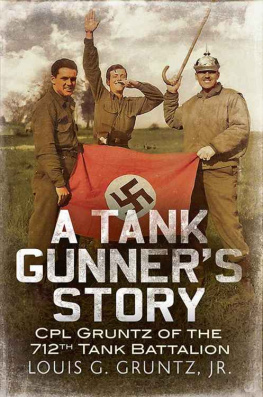
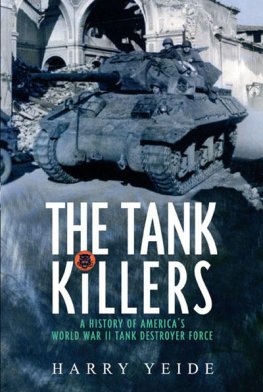

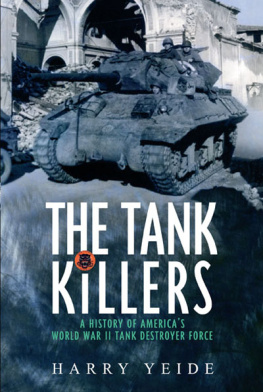
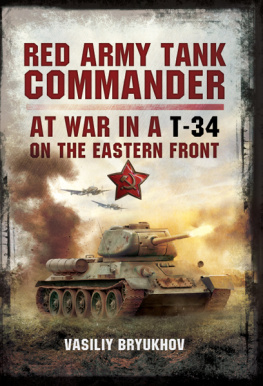
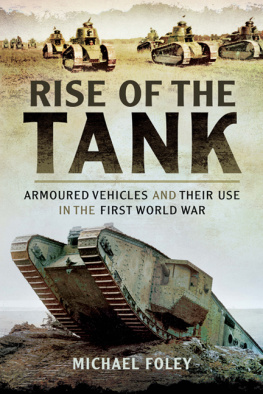
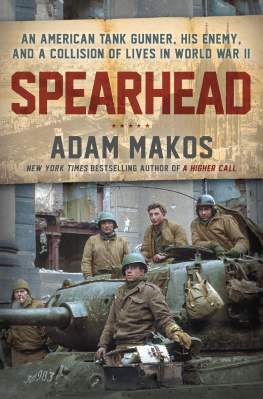
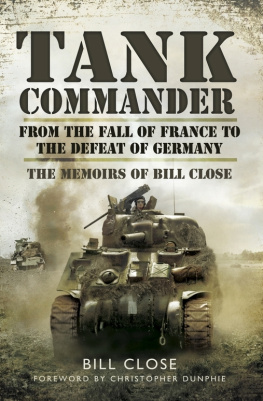
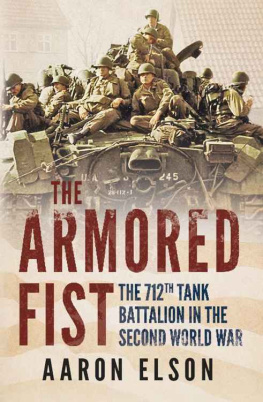
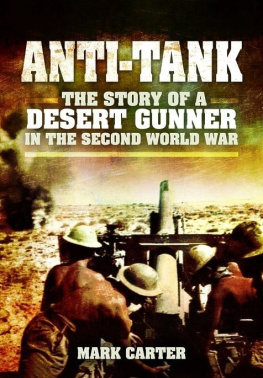

 facebook.com/fonthillmedia
facebook.com/fonthillmedia  twitter.com/fonthillmedia
twitter.com/fonthillmedia